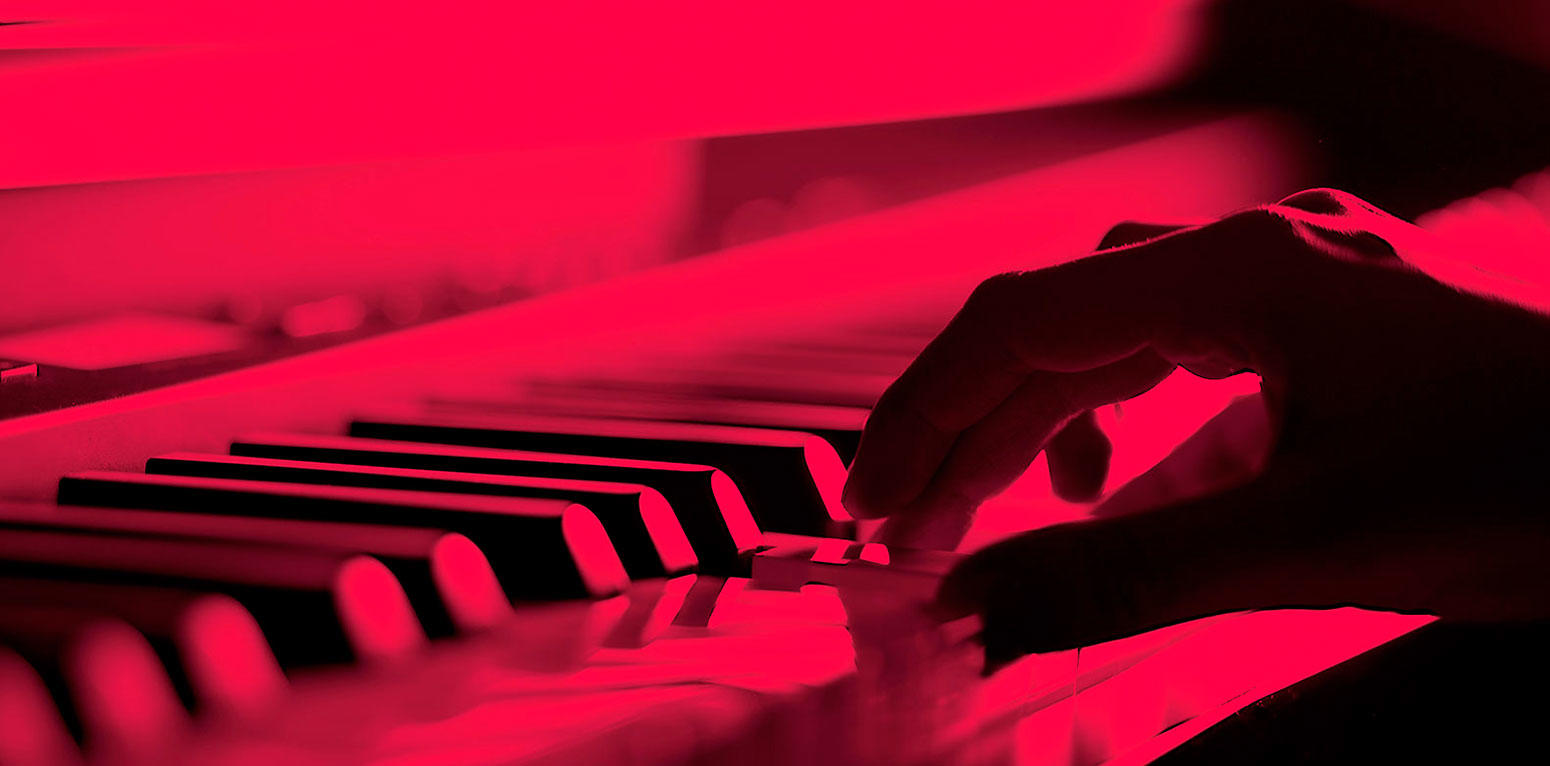
" Einschreibung "
Six pieces for large orchestra
Sikorski
SÉLECTION 2013
- Nominated for : The Musical Composition Prize 2015
- Nominated for : The Young Audience Prize 2014
W O R L D P R E M I E R E
February 10th 2011 – Hamburg Laeiszhalle - Großer Saal NDR Sinfonieorchester –
dir. Christoph Eschenbach.
N O T E S
These six orchestral pieces, composed during the summer of 2010 in response to a commission from the NDR for the Mahler Year, are to be understood as a "second glance" at musical shapes that have influenced me in experiencing Mahler's music. They are momentary approximations that I have "inscribed" in my own music.
They radiate impulses into the musical language of the pieces. Throughout, it is those incomparable moments of breakthrough that have made a profound and indelible
impression in my musical consciousness. They can be located as second-long traces from the Sixth, Seventh, Ninth and Tenth Symphonies.
These shapes disintegrate again at once, but they continue to effect my music below the surface.
During the composition of EINSCHREIBUNG I experienced a self-observation : the music looks forward in the moment during which it sounds - and likewise backward. Sound areas arise that move between identification and an indefinite, non-identical quality - as in a constant alternation between convergence and distance.
(Peter Ruzicka, December 2010)

